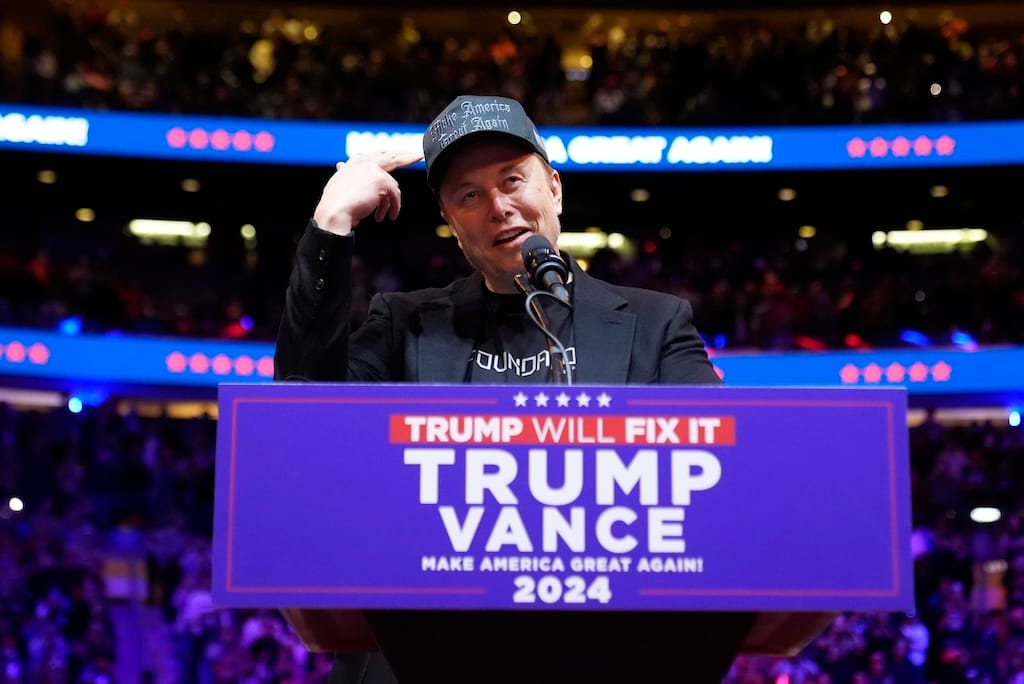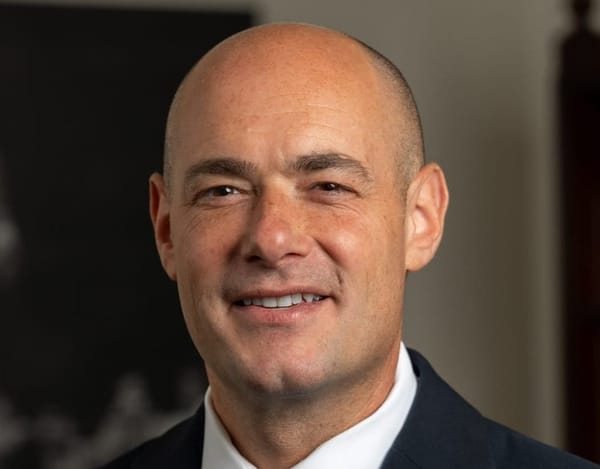Levin: Elon Musk’s Growing Power Over U.S. Telecom Policy
Musk’s influence could drive changes to BEAD, spectrum policy, and the Universal Service Fund
Jericho Casper

WASHINGTON, Nov. 14, 2024 – Elon Musk could wield more influence over the Trump administration's telecom priorities than the heads of traditional regulatory bodies, an industry expert said Thursday.
Musk, the CEO of rocket company SpaceX and its satellite internet service provider Starlink, has played a growing role in shaping conservative views on broadband policy, particularly through his close relationship with Donald Trump and the authority he holds as the owner of the X microblogging platform.
"Musk is so powerful that he will be dominating the agenda," said Blair Levin, policy analyst for New Street Research and former chief of staff to FCC Chairman Reed Hundt in the early 1990s, during a Jenner & Block webinar on Thursday.
Levin suggested that Musk’s sway may be greater than that of the heads of major telecom regulatory bodies like the Federal Communications Commission and the National Telecommunications and Information Administration, especially in light of the Supreme Court's recent decision in Loper Bright Enterprises v. Raimondo, which curtailed the deference traditionally granted to federal agencies.
"He has gotten Trump on several occasions to say that satellite is better than fiber,” Levin said. “Elon is getting Trump to think we don't really have a problem with [connectivity in] rural America, because 'Starlink covers it.'”
Trump recently echoed Musk’s sentiments on a Joe Rogan podcast, where he praised Starlink and questioned the effectiveness of the Biden administration’s $42.45 billion Broadband Equity, Access, and Deployment program.
“They haven't hooked up one person yet,” Trump said, referencing President Biden’s efforts to connect every American to reliable high-speed internet. “They spent $42 billion, they could have gotten Starlinks to everybody with that kind of money.”
However, no BEAD funds have been spent yet, making Trump’s claim misleading about the program’s current status. In reality, all 56 states and territories are still awaiting NTIA’s approval of their final proposals, which outline a state's full list of approved BEAD projects. The first is expected to be published for a final NTIA approval in about two weeks.
Still, Trump’s comments recall many of Musk’s earlier criticisms of the program, which he began sharing on his X platform around June, describing the BEAD program as “an outrageous waste of taxpayer money” that was “utterly failing to serve people in need.”
Levin noted that BEAD’s emphasis on fiber deployment in rural America directly conflicts with Musk’s satellite-based ambitions.
“Why would Elon want $40 billion in networks that are going to compete directly with Starlink?” he questioned.
Experts suggested that the next administration could relatively easily modify key aspects of the BEAD program, including its fiber preference, DEI mandates, climate initiatives, affordability standards, and labor requirements — provisions that have been consistently challenged by Republicans.
They said the Infrastructure Investment and Jobs Act included language allowing the NTIA to make such changes if program elements are deemed “wasteful or fraudulent.” The criteria for “wasteful and fraudulent spending” are determined by the NTIA itself, offering significant flexibility for reinterpretation. BEAD’s exemption from the Administrative Procedure Act would further enable a Trump-led NTIA to implement changes swiftly and with fewer procedural hurdles.
Levin warned that Musk’s sway over Trump could even reach to the Universal Service Fund, and spectrum management and allocation.
"What happens to the Universal Service Fund then?" Levin asked of the $8.1 billion USF currently in limbo, that helps fund high-speed Internet to rural low-income households, schools, libraries, and hospitals. "If you believe that satellite is just as good as fiber, why do we need what used to be the high-cost fund?"
Regarding spectrum management, Levin noted Musk’s stance: “He’s already suggested that, since broadcasters aren’t prioritizing public interest programming, we should reclaim all of that spectrum and re-auction it.”
Musk has also reportedly been highly involved in Trump’s cabinet picks and chosen to lead a new advisory group called the Department of Government Efficiency.








Member discussion